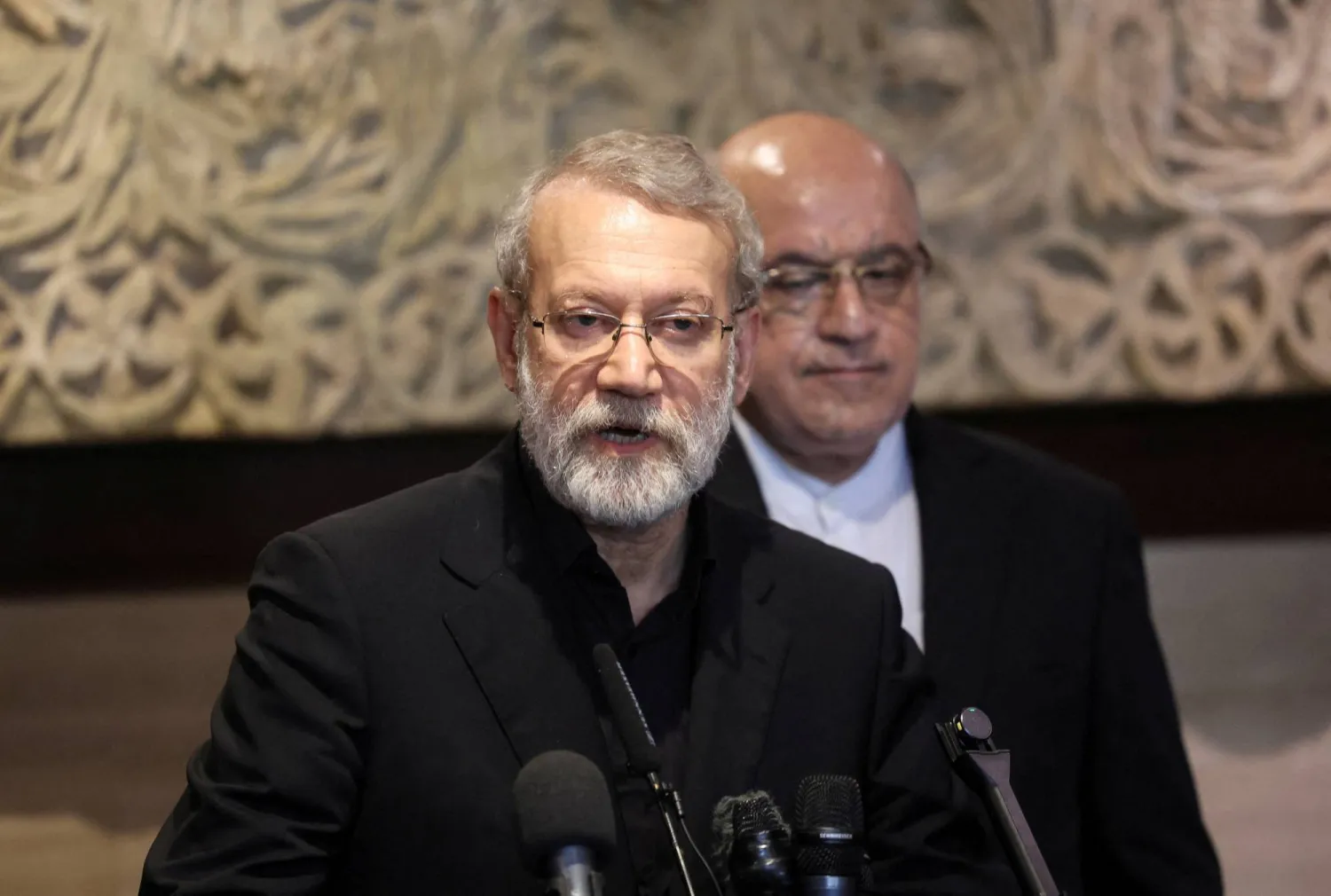Ukraine may keep some of the F-16 fighter jets it's set to receive from its Western allies at foreign bases to protect them from Russian strikes, a senior Ukrainian military officer said Monday.
Belgium, Denmark, the Netherlands and Norway have committed to providing Ukraine with over 60 US-made F-16 fighter jets to help it fend off Russian attacks, The Associated Press said.
Ukrainian pilots are currently undergoing training to fly the warplanes ahead of the deliveries expected to start later this year.
Serhii Holubtsov, head of aviation within Ukraine’s air force, said that "a certain number of aircraft will be stored at secure air bases outside of Ukraine so that they are not targeted here.”
Holubtsov told the US government-funded Radio Free Europe/Radio Liberty that those F-16s could be used to replace damaged aircraft as they undergo repairs as well as for training Ukrainian pilots abroad.
“This way, we can always have a certain number of aircraft in the operational fleet that corresponds to the number of pilots we have," he said. "If there are more pilots, there will be more aircraft in Ukraine.”
Russian President Vladimir Putin has warned that Moscow could consider launching strikes at facilities in NATO countries if they host the warplanes used in Ukraine.
“If they are stationed at air bases outside the Ukrainian borders and used in combat, we will have to see how and where to strike the assets used in combat against us,” Putin said last year. “It poses a serious danger of NATO being further drawn into the conflict.”
In March, the Russian leader again warned Ukraine’s Western allies against providing air bases from where the F-16s could launch sorties against the Kremlin’s forces. Those bases would become a “legitimate target,” he said.
“F-16s are capable of carrying nuclear weapons, and we will also need to take that into account while organizing our combat operations,” Putin stated.
The F-16s require a high standard of runways and reinforced hangars to protect them from attacks on the ground. It’s not clear how many Ukrainian air bases can meet those requirements, and Russia would be certain to quickly target a few that could accommodate them once the jets arrive.
Ukraine’s Western allies are trying to bolster military support for Kyiv as Russian troops have launched attacks along the more than 1,000-kilometer (620-mile) frontline, taking advantage of a lengthy delay in US military aid. Ukraine is currently fighting to hold back a Russian push near its second-largest city of Kharkiv, less than 30 kilometers (less than 20 miles) from the border.
The US and other NATO allies have responded to the latest Russian offensive by allowing Ukraine to use weapons they deliver to Kyiv to carry out limited attacks inside Russia. The decision could potentially impede Moscow’s ability to concentrate its troops for a bigger offensive near Kharkiv and in other border areas.
Last week, Putin responded by warning that Moscow “reserves the right” to arm adversaries of the West worldwide. "If they supply (weapons) to the combat zone and call for using these weapons against our territory, why don’t we have the right to do the same?” Putin said.
He didn’t specify where such arms might be sent. The US has said that Russia has turned to North Korea and Iran to beef up its stock of relatively simple weapons, but Moscow could dip into its stock of high-tech missiles to share with adversaries of the West if Putin decides to fulfill his threat.
Ukraine's Air Force May Keep F-16 Warplanes Abroad to Protect Them From Russian Strikes

Rescuers work at a site of a residential building hit by a Russian missile strike, amid Russia's attack on Ukraine, in Kharkiv, Ukraine May 31, 2024. REUTERS/Vyacheslav Madiyevskyy

Ukraine's Air Force May Keep F-16 Warplanes Abroad to Protect Them From Russian Strikes

Rescuers work at a site of a residential building hit by a Russian missile strike, amid Russia's attack on Ukraine, in Kharkiv, Ukraine May 31, 2024. REUTERS/Vyacheslav Madiyevskyy
لم تشترك بعد
انشئ حساباً خاصاً بك لتحصل على أخبار مخصصة لك ولتتمتع بخاصية حفظ المقالات وتتلقى نشراتنا البريدية المتنوعة







